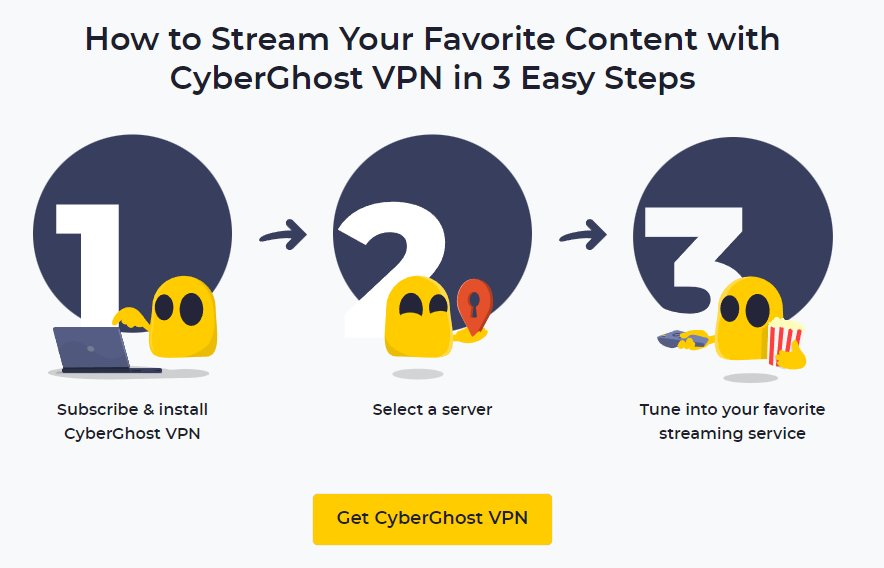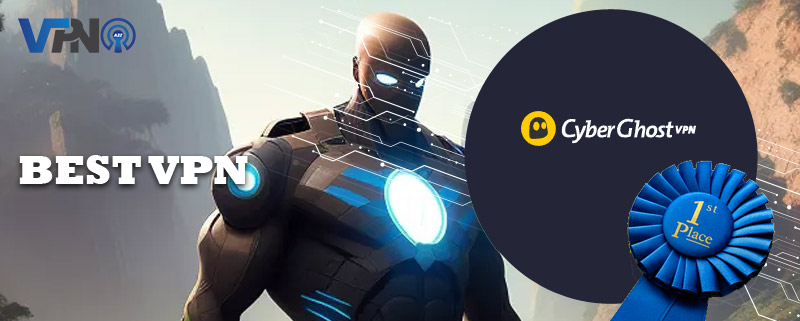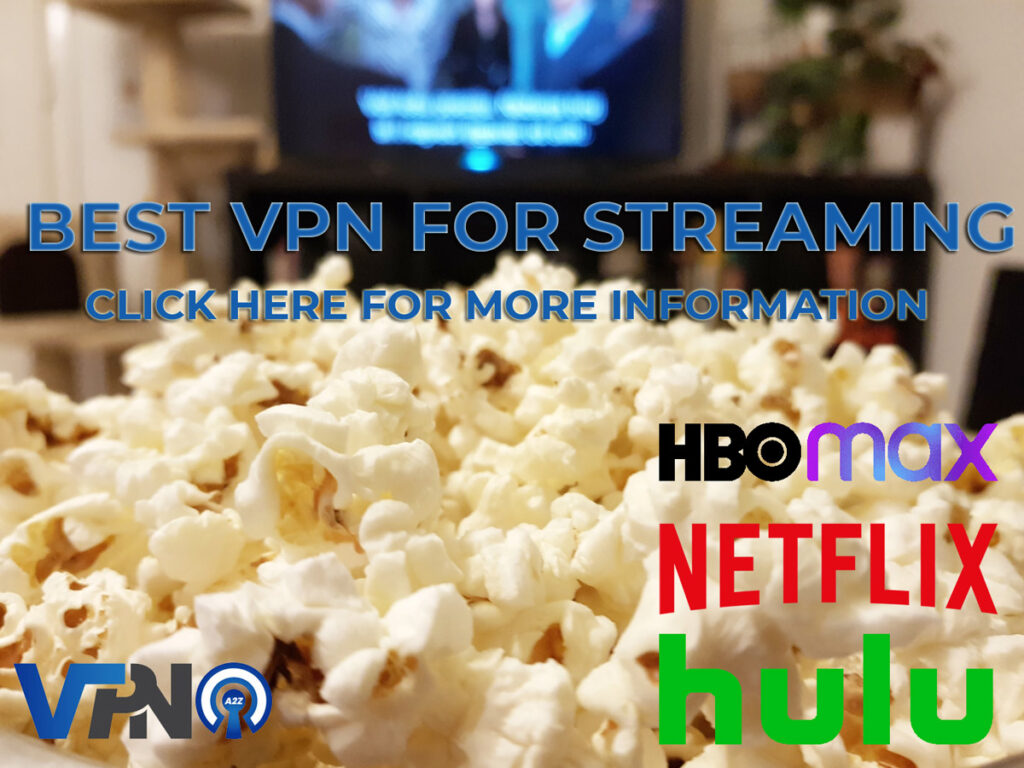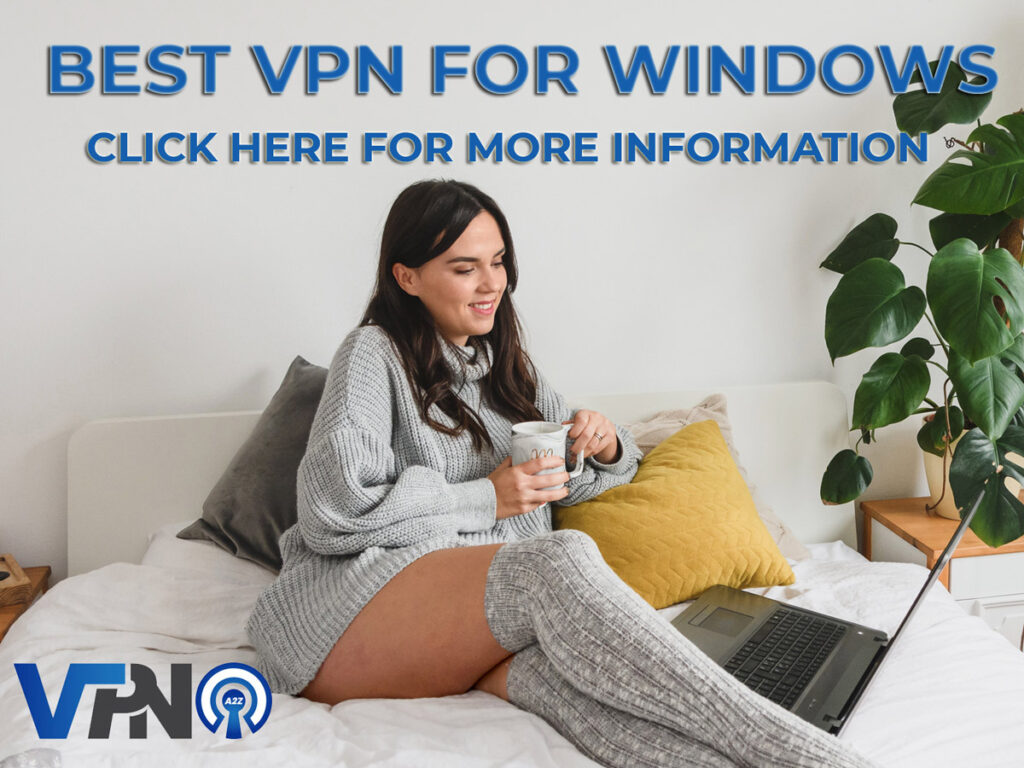Most people keep a lot of personal information online. That includes passwords, banking information and other sensitive data that hackers love to steal.

2. PIA - Ton of servers world wide, but especially great in United States.***

3. NordVPN - The bigger the better! A great choice everywhere!***

4. ExpressVPN - Trusted by millions in over 180 countries!***

5. SurfShark - Amazing deal right now!***

6. PrivadoVPN - Exclusive deal - Cheapest 1 year deal online - ONLY through this link***

*** Offers money-back guarantee. So try them risk free!
A VPN encrypts that information so hackers can’t see it. Plus, it protects you from your ISP and helps get around content restrictions. Check out NordVPN, ExpressVPN and Surfshark.
1. Avoid Public Wi-Fi
Many people use public Wi-Fi because it’s convenient and accessible. However, it is also a major security risk. When you connect to public Wi-Fi, hackers can access all of your online activity. This includes your emails, bank accounts, social media, and more. In addition, cyber snoops can steal your passwords and other information. So, it’s best to avoid public Wi-Fi whenever possible.
If you must use public Wi-Fi, it is a good idea to use a VPN to help protect your devices. A VPN encrypts your data, making it harder for hackers to read your information. The VPN also helps keep your IP address local, which can make it harder for hackers to track your online activities.
Another good way to protect yourself when you’re using public Wi-Fi is to enable two-factor authentication on any services that offer it. This will require you to enter a code sent to your phone or email account in addition to entering your login information. This will help prevent hackers from accessing your account even if they do manage to steal your password.
You can also limit your online sharing by changing the privacy settings on all of your social media accounts. Be careful about posting your location, birth date, and other personal information. Also, limit the number of people who can see your photos and videos.
If you do need to use public Wi-Fi, it’s a good idea to turn off your auto-connect feature so that your device doesn’t automatically connect to the nearest network. You should also consider using a secure mobile hotspot, which will allow you to avoid the risks of public Wi-Fi while still providing you with internet connectivity.
If you need to do some online shopping, it’s best to wait until you can use your home network or a secure, password-protected public Wi-Fi connection. If you have a limited data plan or are traveling abroad and can’t avoid public Wi-Fi, try to use a VPN that has no bandwidth restrictions so that you can browse without worrying about your data limits.
2. Use Strong Passwords
There is a lot of information for consumers, families and businesses about how to best protect online devices, laptops and mobile phones from hackers and malware. But it can be difficult to keep track of the basics, especially if you have multiple people sharing the same device (for example, a family home computer for work and personal use).
While a VPN is a great tool to help minimize security risks, it’s not a magic bullet that will stop every threat from getting through. It’s important to take precautions such as never using public Wi-Fi, ensuring your passwords are strong, taking backups, and being wary of suspicious links sent via email, social media or even chats.
To further your security, make sure you’re using a strong password that has a mix of upper and lower case letters, numbers and punctuation marks. And change them on a regular basis! It’s also a good idea to avoid common words, names and dates as these can be easily guessed. And finally, always use multi-factor authentication when possible to stop unauthorized access to your account.
When you’re doing sensitive online shopping, banking or social media activities, make sure the website address starts with “https,” and has a padlock icon in the browser window. This means that your data is being encrypted, making it impossible for identity thieves to intercept and steal the information.
You should also consider signing up for a disposable email address that you can use only for these types of online transactions. Services such as Throw Away Mail and 10 Minute Mail allow you to create an address that is only valid for a short period of time. This allows you to sign up for services without letting them know your real address, and will stop any phishing attempts from using your email account.
Lastly, if you are going to use a public network at work or school, make sure the company has the proper encryption and firewall set up so that nobody else can spy on your personal information. It is also a good idea to use a VPN at all times, especially when you’re traveling abroad or visiting a foreign country.
3. Always Log Out
While using a VPN is the most important step you can take to stay safe online, you need to remember to practice other best practices as well. One of those is to always log out of sites when you’re finished with them. This is especially important on public computers and networks, where hackers can access your information to steal your identity or hack into your bank account. Even on your private device, it’s a good idea to log out of sites you use for financial transactions, shopping, and other sensitive information.

We recommend CyberGhost if you want better streaming (Netflix, Hulu, Amazon Prime, HBO Max, EPSN, Disney+, Eurosport and many others)
Whenever you log into an online site, you are creating a cookie in your browser that identifies you. This cookie can then be used by hackers to gain access to your accounts. When you’re done using a site, it’s a good idea to delete the cookie and clear your cache before you move on to another website or app.
This will also help prevent other sites from gaining access to your data. Some apps and websites collect your data to sell it to advertisers or to improve their services, and it’s important to limit the amount of personal information you share online.
A VPN can prevent this from happening by encrypting your data and directing it through a virtual network. It can also obscure your IP address so that it isn’t available to other websites and apps. This can be especially helpful if you’re using a public Wi-Fi that isn’t secure.
VPN Price Comparison 2024
| Company | 1 Month | 6 Months | 1 Year | 2 Year | 3 Year | - |
|---|---|---|---|---|---|---|
| CyberGhost | $12,99 | $6,99 | - | $2,19 | - | Visit Website |
| NordVPN | $11,99 | - | $4,99 | $3,69 | - | Visit Website |
| PIA | $11,99 | - | $3,3 | 2024 Deal right now: $2,03 (Doesn't get cheaper!) | $2,03 | Visit Website |
| ExpressVPN | $12,95 | $9,99 | $8,32 | - | - | Visit Website |
| SurfShark | $12,95 | - | $3,99 | $2,49 | - | Visit Website |
| - | - | |||||
| PrivadoVPN | $10,99 | - | $2,50 | $3,99 | - | Visit Website |
When choosing a VPN, it’s important to look for a provider that offers strong encryption and a no-logs policy. You should also choose a provider that has excellent speeds and works with the devices, apps, and websites you use most often. Many premium VPNs offer a 30-day money-back guarantee, so you can try them out without risking your privacy or security.
PIA VPN is one of the best options for Florida residents because it offers top-notch security and blazing fast speeds. Plus, it has a user-friendly interface and is compatible with most operating systems and devices. Another great option is Surfshark, which has a unique split tunneling feature that lets you control your internet speed to limit data to specific applications. This can make a big difference when playing games or downloading torrents.
4. Take Backups
Florida is a beautiful state with a rich history that attracts many tourists. The sunshine, stunning beaches and professional sports teams are among the state’s most notable attractions. The Sunshine State is also a popular destination for businesses. This makes it especially important to take steps to protect your privacy online. A VPN is an essential tool to help you do so.
A VPN creates a secure tunnel between your device and a server that hides your device’s data, including your IP address. It can also spoof your location, so that your device appears to be connecting from another place in the world. In addition, it can encrypt your communications, which helps keep prying eyes from stealing your personal information.
However, a VPN doesn’t obscure everything about your connection or your behavior. Apps still track your activity, so they can use that information to target ads or tailor content. Therefore, it’s best to make sure that you are using a VPN with a strict no-logs policy to avoid potential leaks and keep your data safe.
Choosing a VPN for Florida is easy, as there are numerous services available that can help you stay safe and private online. A premium VPN saves your personally identifiable information from hackers, and offers blazing speeds and top-notch security features for a variety of devices and operating systems. Private Internet Access (PIA), for example, offers a variety of servers in over 77 locations around the globe. It provides 10 simultaneous connections and a variety of other features to keep both business travelers and home users protected.
NordVPN is another highly recommended service. Its extensive server network and impressive speed capabilities make it ideal for anyone looking to stay safe and secure online in Florida. NordVPN is one of the only providers that offer a custom software client for Windows, which makes it much easier to set up and use than other options on the market.
A VPN for Florida can also help employees who work remotely. Employees can connect to a corporate VPN to secure their wireless discounts, and they can even use Skype to communicate with other offices from anywhere in the world. This can make it difficult for hackers to trace their activity back to the employee’s device or office.




